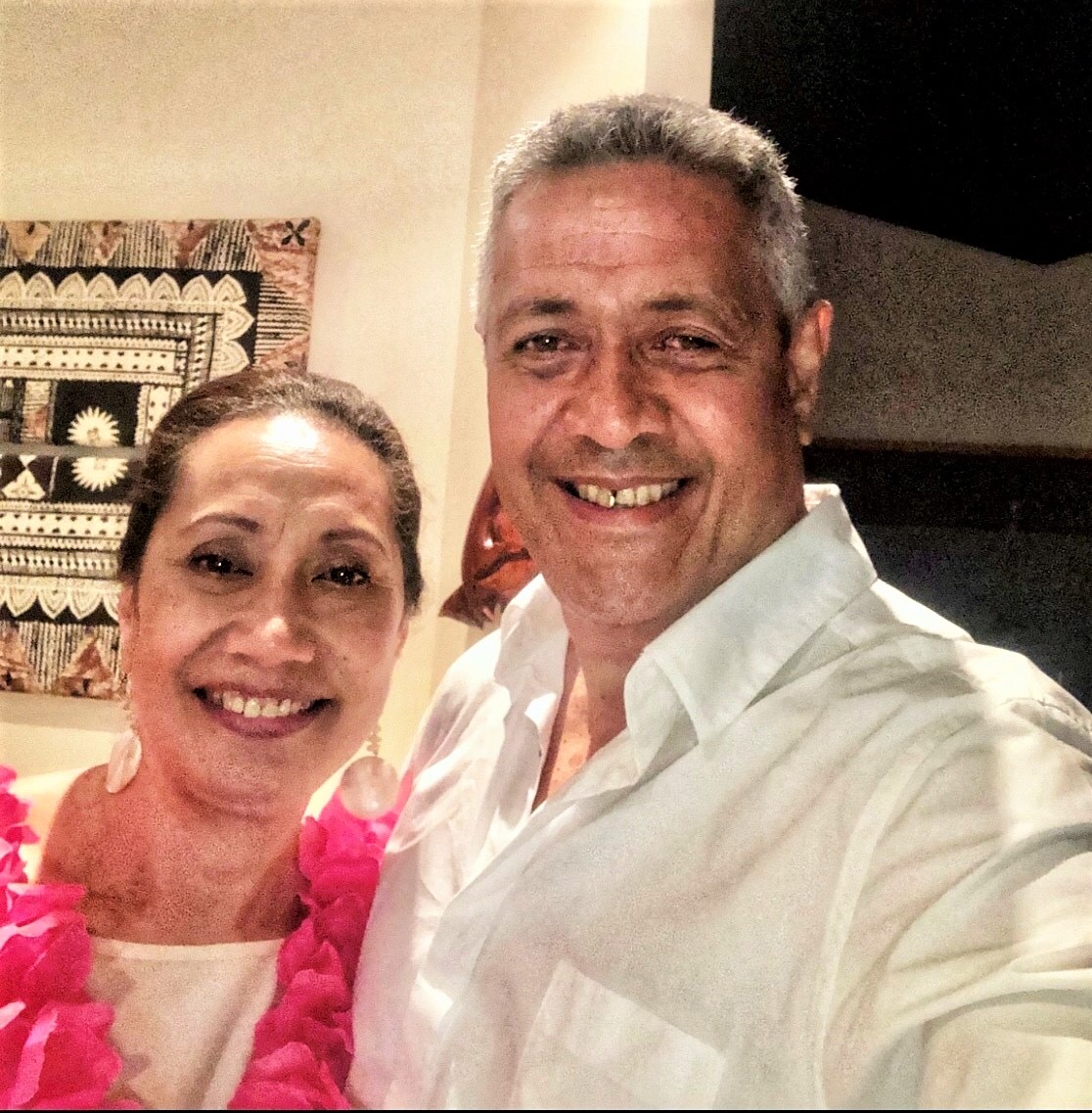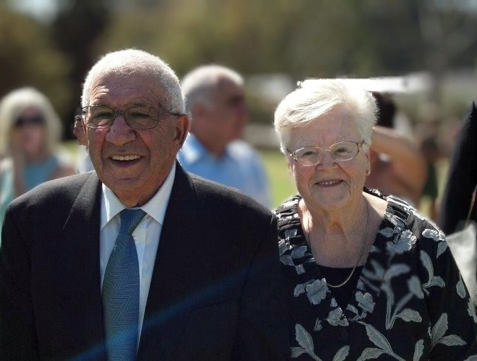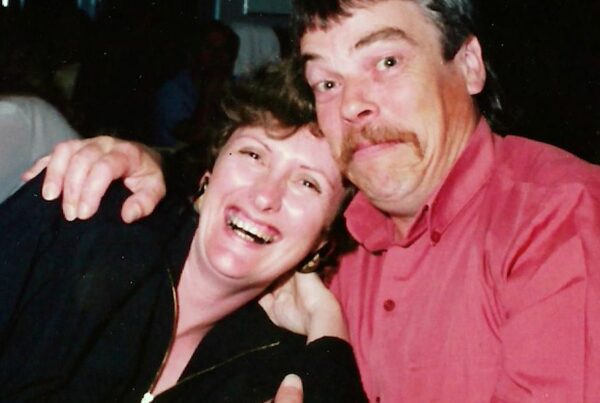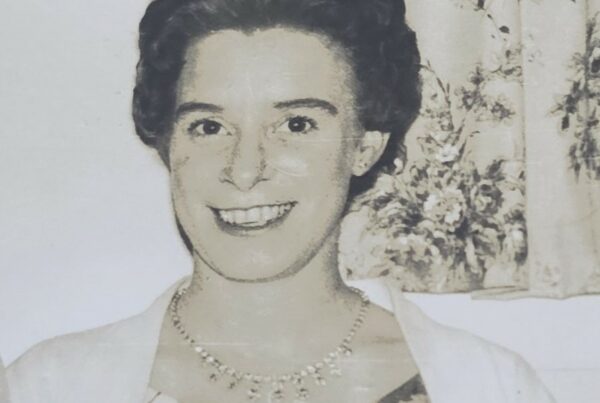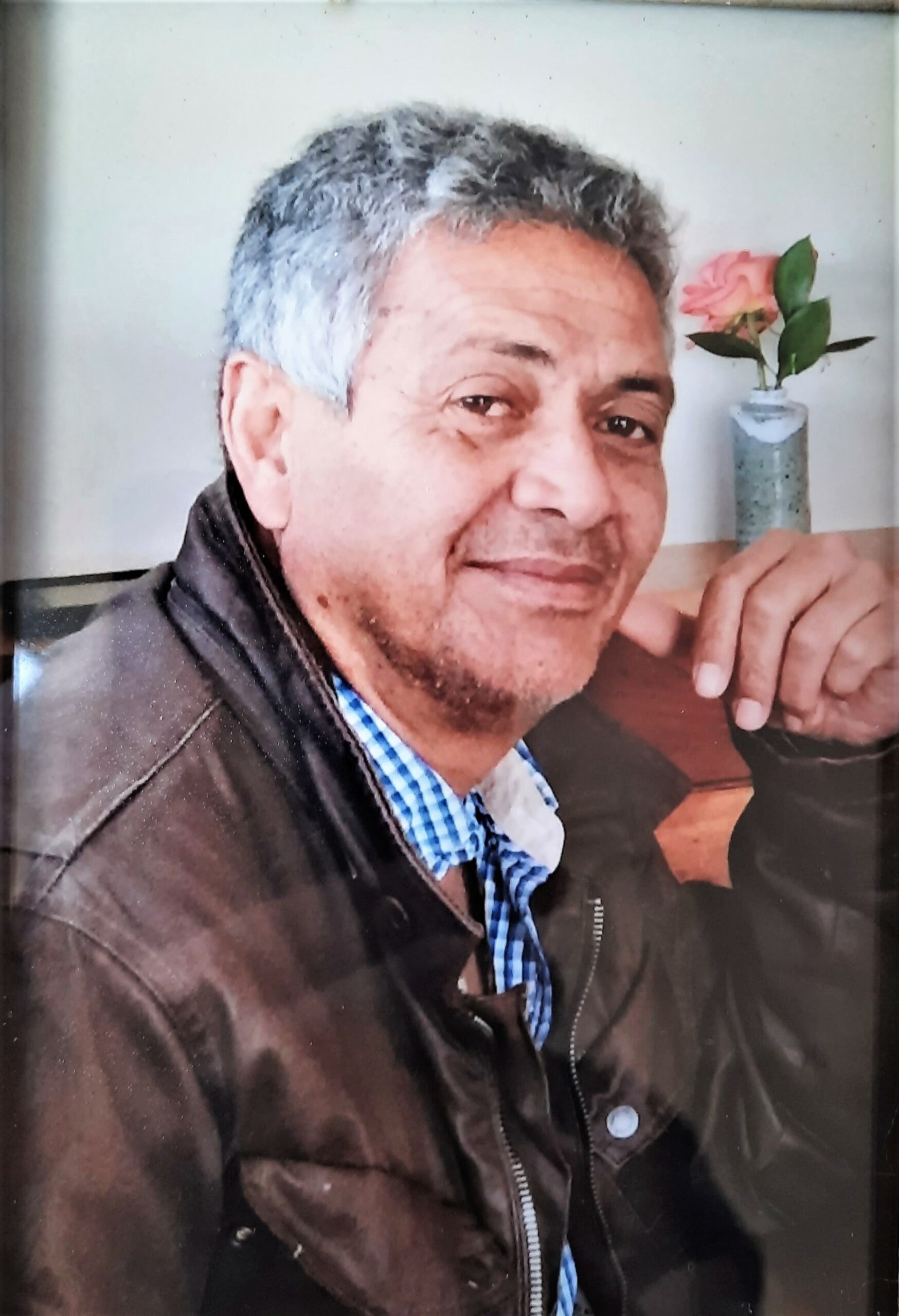
When Pisila’s beloved husband Sateki was diagnosed with cancer, the aggressive treatment regime that followed was initially successful and resulted in a year’s remission. But the dreaded pain returned and the couple’s worst fears were confirmed with a devasting stage 4 diagnosis. Despite exploring all possible treatments, Sateki’s health continue to decline and he was referred to Hospice West Auckland.
“I hadn’t known much about Hospice before then and thought it was just about medication,” explains Pisila, “and I didn’t know all of the ways they could help, or who they helped, or that their services are free.”
Sateki and Pisila were married for 25 years, and during that time built up a successful business. He was a wonderful father and loved being surrounded by family, friends and colleagues in his home – talking, joking, playing his guitar and singing. His passion was fishing, and he was out on the water every chance he got. He also had a strong work ethic and even when he was sick continued to work on his “good” days, such was his determination. “I was so worried for him but he would insist he was fine,” says Pisila.
Struggling under the impact of declining health, another crushing blow was dealt as the country went into a covid lockdown. The couple were completely cut off from their family and friends at the time they needed them the most. Thankfully the Hospice West Auckland team stepped in. “We came home from hospital in lockdown and couldn’t go to our family. But the Hospice team came to visit us,” says Pisila. “They explained what they could do to help us, all the services, information booklets, contact numbers – everything.”
As well as dealing with the lockdown isolation, they also had to respect their Tongan culture. Sateki’s sister was living with them, but Tongan culture forbids private contact between brothers and sisters – it is tapu (taboo). “When it comes to contact, in our culture it is forbidden for an adult brother and sister to touch, so she couldn’t help me with Sateki’s physical care,” Pisila explains.
Hospice organised complete wrap-around care for Sateki and Pisila, which included medical care, counselling, physical support, equipment and music therapy. They also arranged for a nurse to stay overnight from time to time to allow Pisila to get some much-needed rest. “I couldn’t have gone through that time without Hospice,” says Pisila, “they were there for me. Anytime I was unsure of anything I could call up, even at 2 o’clock in the morning and they would help. Anytime of the night someone was there to talk to. And in the morning they would be there to talk through what was happening and give more help and advice. And they helped emotionally too – I could share all my worries. I wouldn’t have survived those months without Hospice,” she says, wiping tears away.
One of the happy memories from that time was of the music therapy sessions. “I told the Hospice team early on that Sateki loved music – he sang, played the piano and guitar,” recalls Pisila. “I didn’t even know that music therapy existed, but every week the therapist came to visit. When he was strong enough Sateki would join in with his guitar and they would play and sing together. He loved music and it brought him so much joy.”
Because of the wrap-around care provided by Hospice, Teki was able to stay in the place he most wanted to be – home. And yet, Pisila explains, the standard of care provided was just as good if not better than being in hospital: “We never felt that we had less, we had the same level of care even though we were at home. Hospice gave us confidence to be able to stay at home.”
Today Pisila feels stronger and is comforted by Teki’s presence in their family home, surrounded by much-loved photos that capture his wonderful spirit. “I am so thankful for Hospice. They surrounded me in that time when family and friends couldn’t,” says Pisila. “They gave me comfort because I knew they were there.”
